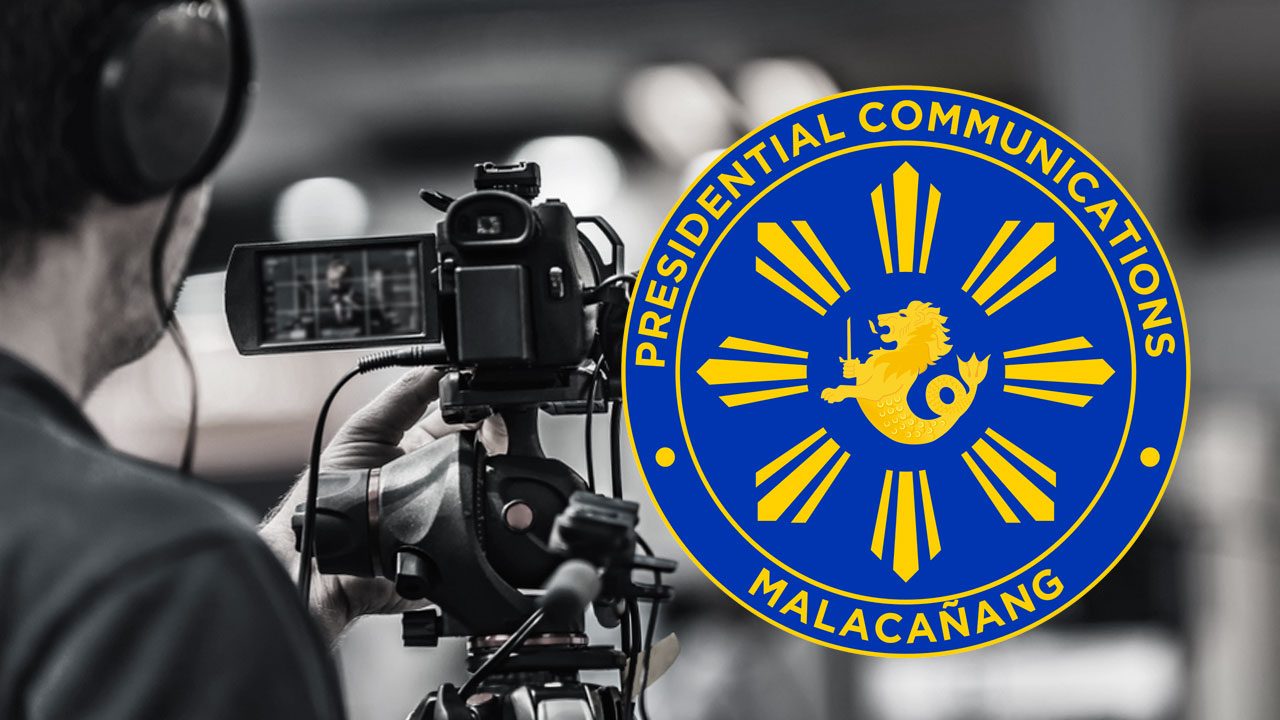SUMMARY
This is AI generated summarization, which may have errors. For context, always refer to the full article.

MANILA, Philippines – Amid a Luzon-wide lockdown or “enhanced community quarantine” due to the 2019 novel coronavirus, journalists, advocates and members of the academe called on the Presidential Communications Operations Office (PCOO) to rescind the order for journalists to secure an identification card from the government office. (READ: Guidelines on Luzon ‘enhanced community quarantine’)
On Tuesday, March 17, the University of the Philippines (UP) Diliman Department of Journalism, Philippine Press Institute (PPI), Photojournalists’ Center of the Philippines (PCP), and the Center for Community Journalism and Development (CCJD) a released a statement saying that requiring an ID from the PCOO is unnecessary.
“A valid press ID should be enough to establish the identity of a journalist and media worker even during the enhanced community quarantine,” they said.
The rule, they added, gives the impression that the PCOO is trying to control the media and compromise independent coverage. A PCOO ID could also be misused to deprive the media of access to information.
The statement said: “Given their role in shaping public opinion, journalists and media workers should have editorial independence so that they can be expected to adhere to the highest professional and ethical standards. If government wants to suggest something from media owners, it is to provide their frontliners the necessary safety equipment and logistics to ensure effective coverage. In unfortunate cases that they show symptoms, affected journalists and media workers should be given proper medical care by their employers and the government. Indeed, the safety of journalists should be everyone’s priority.”
The Philippines is one of the most dangerous countries for journalists. It ranked 134 out of 180 countries in Reporters Without Borders’ 2019 World Press Freedom Index.
On Monday, March 16, President Rodrigo Duterte announced a lockdown or “enhanced community quarantine” over the entire island of Luzon.
A memorandum released by Malacañang said that strict quarantine for all households will be implemented, transportation will be suspended, and provision for food and “essential health services” will be regulated under the measure.
The memorandum said: “[m]edia personnel shall be allowed to travel within the quarantine area, provided that, within 72 hours from the effectivity of the enhanced community quarantine, media personnel intending to travel within the quarantine area shall secure an identification card from the [PCOO].”
The lockdown was a response to the coronavirus outbreak, which has been called a pandemic by the World Health Organization.
As of Tuesday, there were 187 confirmed cases in the Philippines.
Worldwide, a total of 7,007 people have died, with a 175,536 infections recorded globally. China has the highest number of fatalities at 3,213, followed by Italy with 2,158 deaths and almost 28,000 cases. – Rappler.com
Add a comment
How does this make you feel?
There are no comments yet. Add your comment to start the conversation.